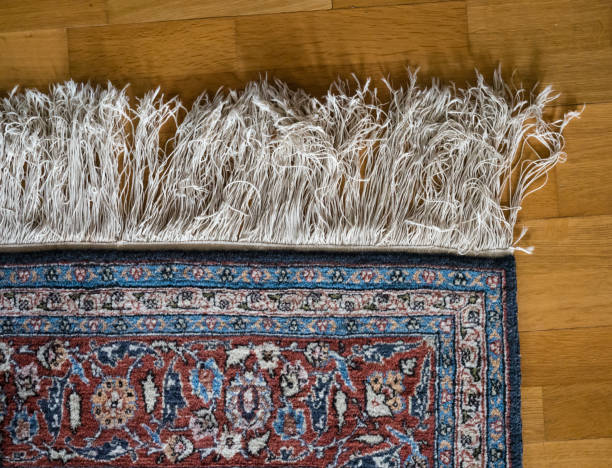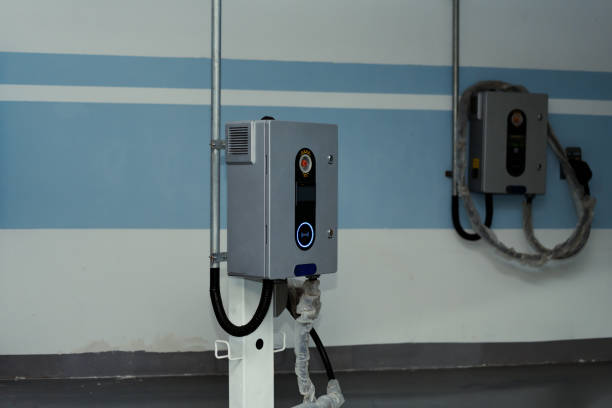In an era of mass-produced furnishings and cookie-cutter interiors, do-it-yourself home decor projects offer a refreshing opportunity to infuse living spaces with personality and creativity. These hands-on endeavors provide more than just cost savings—they allow homeowners to craft environments that truly reflect their tastes while developing valuable skills. From simple weekend refreshes to ambitious furniture builds, DIY decor projects range across all skill levels, each offering the satisfaction of creating something both beautiful and functional with one's own hands.
The appeal of DIY home projects begins with their unparalleled customizability. Unlike store-bought items that come in limited styles and sizes, handmade decor can be tailored to fit exact spatial requirements and aesthetic preferences. An ordinary bookshelf transforms when built to perfectly accommodate a prized book collection, while hand-painted wall murals turn blank spaces into personalized galleries. This level of customization proves particularly valuable in homes with unusual architectural features or non-standard dimensions where ready-made solutions often fall short. The process of creating these pieces fosters a deeper connection to one's living environment, as each handmade item carries the story of its creation.Beyond personal expression, DIY projects offer significant economic advantages. High-quality furnishings often come with premium price tags, while similar results can be achieved through upcycling existing pieces or working with raw materials. An outdated dresser gains new life with fresh paint and modern hardware, while scrap wood can become floating shelves with some basic tools and finishing. These projects demonstrate how vision and effort can yield designer looks without the luxury price points. The budget-friendly nature of DIY decor makes it especially appealing to young homeowners furnishing first spaces or renters looking to personalize temporary dwellings without major investments.The educational aspect of DIY home projects provides lasting value that extends beyond the finished products. Beginners might start with simple tasks like creating gallery walls or sewing basic curtain panels, gradually building confidence to tackle more complex endeavors like furniture building or tile work. Online tutorials and maker communities have made these skills more accessible than ever, with detailed instructions available for virtually any project imaginable. This hands-on learning develops practical abilities that serve homeowners throughout their lives, from basic tool proficiency to spatial reasoning and problem-solving. The satisfaction derived from mastering new techniques often sparks ongoing creative journeys that evolve with growing expertise.Environmental considerations add another dimension to the DIY decor movement. In a world increasingly concerned with sustainability, repurposing materials reduces consumption and waste. Old doors become headboards, wine crates transform into storage units, and discarded windows find new purpose as decorative mirrors. These projects not only keep items out of landfills but also create conversation pieces brimming with character. Even when working with new materials, DIYers can make eco-conscious choices by selecting sustainable woods, low-VOC finishes, and energy-efficient lighting components for their creations.The psychological benefits of engaging in DIY home projects should not be overlooked. The creative process provides a therapeutic outlet from digital overload, allowing makers to immerse themselves in tactile, rewarding work. Completing a project delivers a sense of accomplishment that boosts confidence and wellbeing. Furthermore, these handmade elements make houses feel like true homes—spaces imbued with the care and intention of their creators. Whether through a hand-built coffee table or carefully curated vintage gallery wall, DIY decor projects help craft living environments that are as unique as the people who inhabit them.From economic advantages to creative fulfillment, DIY home decor projects offer multifaceted rewards that extend far beyond surface-level aesthetics. They empower individuals to take an active role in shaping their surroundings while developing practical skills and sustainable habits. In a world of mass production, these handmade touches create spaces that tell personal stories and foster genuine connections to where we live. The DIY approach transforms houses into homes one project at a time, proving that the most meaningful decor often comes not from a store, but from the heart and hands of those who live with it.



